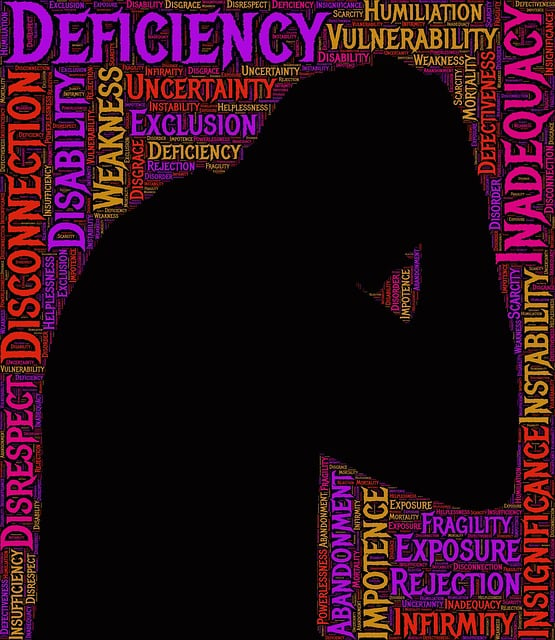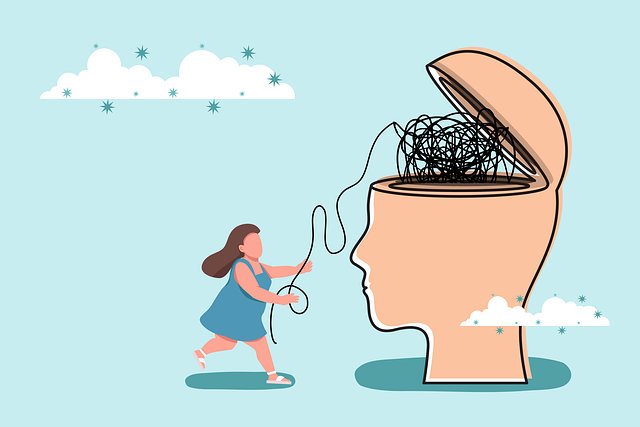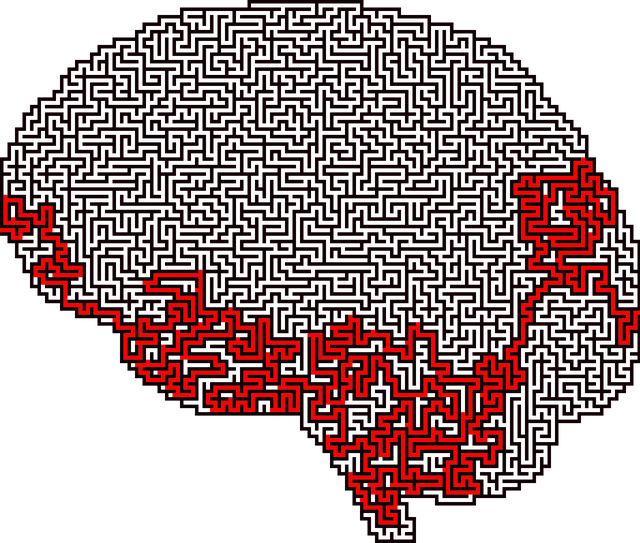Cultivating resilience through the RFM (Relationship, Functioning, Emotion) framework is crucial in child therapy for addressing interpersonal issues. This approach helps therapists guide children in developing emotional regulation, enhancing peer connections, and participating in social activities, fostering confidence and healthier relationships. Tailored interventions based on RFM assessments equip kids with coping mechanisms for stressful situations, preventing depression and promoting lifelong resilience. Integrating developmentally appropriate exercises and cultural competency training in therapy sessions empowers children to navigate diverse social settings successfully. The Resilient Factors Method (RFM) serves as a holistic evaluation tool, measuring progress in coping abilities, emotional management, and relationship building, enabling therapists to tailor interventions for enhanced mental health outcomes.
“Unleashing resilience in children is a powerful tool for navigating interpersonal challenges. This article delves into the RFM (Resource, Flexibility, and Mastery) framework, a pioneering approach to building robust coping mechanisms. We explore its application in child therapy, focusing on interpersonal issues, and provide practical strategies for designing tailored exercises. From understanding the RFM model to measuring its impact, this guide offers valuable insights for therapists aiming to enhance their practice and foster resilience in young clients.”
- Understanding RFM: A Framework for Interpersonal Resilience
- The Role of RFM in Child Therapy for Interpersonal Issues
- Designing Effective Resilience Building Exercises for Children
- Implementation Strategies: Integrating RFM into Therapeutic Practices
- Measuring Success and Impact: Evaluating the Efficacy of RFM
Understanding RFM: A Framework for Interpersonal Resilience

Resilience is a vital skill to cultivate, especially when addressing interpersonal issues within children. The RFM framework offers a structured approach to enhancing their ability to cope and navigate challenging relationships. RFM stands for Relationship, Functioning, and Emotion, each component focusing on distinct yet interconnected aspects of a child’s social life. By understanding these factors, therapists can tailor therapy for children, targeting specific interpersonal issues.
The first element, Relationship, involves examining the quality and dynamics of a child’s connections with peers and caregivers. This includes fostering healthy communication strategies and self-care practices to regulate emotions during interactions. The second aspect, Functioning, refers to the child’s ability to participate in social activities and manage their behaviors within these relationships. Lastly, Emotion centers on recognizing and managing feelings, ensuring children develop effective emotional regulation skills to cope with interpersonal challenges.
The Role of RFM in Child Therapy for Interpersonal Issues

In the realm of child therapy, addressing interpersonal issues requires a nuanced approach that fosters resilience from an early age. Here, the RFM (Strengths, Weaknesses, and Motivations) model emerges as a powerful tool to help children understand their emotional landscape. By identifying their strengths, therapists can build on these foundational blocks, encouraging inner strength development in young minds. This process enables children to navigate social interactions with increased confidence, thereby preventing potential depression and promoting healthier relationships.
Through RFM, therapists gain valuable insights into the child’s motivations and weaknesses, allowing for tailored interventions. Crisis intervention guidance, based on this assessment, can help children develop coping mechanisms for stressful situations, enhancing their ability to manage and overcome interpersonal challenges. This targeted approach ensures that therapy is not just about addressing symptoms but also about equipping children with lifelong skills to thrive in diverse social settings.
Designing Effective Resilience Building Exercises for Children

Resilience building exercises tailored for children must be carefully designed to cater to their unique needs and developmental stages. These activities play a pivotal role in therapy for children, helping them navigate and overcome interpersonal issues effectively. The key lies in creating an engaging environment that encourages exploration and expression of emotions while fostering positive thinking. Healthcare providers can contribute significantly by incorporating these exercises into their practice, especially during cultural competency training, to empower children with lifelong coping mechanisms.
By understanding the child’s perspective, therapists can develop activities that promote self-awareness and emotional regulation. These sessions should be interactive, allowing kids to explore different strategies for mood management in a safe space. Through games, storytelling, or art therapy, children can learn to identify and express their feelings, build confidence in handling challenging situations, and cultivate a more positive outlook—all essential aspects of resilience-building that extend beyond the therapy room.
Implementation Strategies: Integrating RFM into Therapeutic Practices

Implementing RFM (Resilience, Flexibility, and Mastery) into therapeutic practices is a strategic approach to enhancing mental health support for children, particularly those dealing with interpersonal issues. This method offers a unique perspective on fostering resilience by focusing on building skills that promote adaptability and self-efficacy. Therapists can integrate RFM principles through various activities and techniques tailored to the child’s needs. For instance, encouraging children to identify and challenge negative thought patterns, teaching them emotional regulation strategies like mindfulness or deep breathing exercises, and providing opportunities for problem-solving and decision-making can significantly contribute to their overall well-being.
Incorporating RFM into therapy aligns with the broader Mental Health Policy Analysis and Advocacy goals, emphasizing the importance of early intervention and preventive measures. By addressing interpersonal issues head-on, therapists equipped with these skills can help children develop effective conflict resolution techniques, enhance mood management abilities, and build a strong foundation for navigating life’s challenges. This proactive approach not only benefits individual children but also has potential implications for improving society’s overall resilience to mental health crises.
Measuring Success and Impact: Evaluating the Efficacy of RFM

Measuring Success and Impact: Evaluating the Efficacy of RFM
The success of therapy for children addressing interpersonal issues can be effectively gauged through Resilient Factors Method (RFM). This approach, often incorporated into social skills training programs, evaluates the child’s capacity to cope with challenges, manage emotions, and build relationships. By assessing these resilient factors, therapists gain valuable insights into the progress of mental health awareness among the young participants.
Self-care practices emerge as a crucial component in RFM assessments, revealing how children apply coping mechanisms learned during therapy in their daily lives. This holistic evaluation not only identifies areas of strength but also pinpoints aspects requiring additional support. As such, it empowers therapists to tailor interventions, ensuring that self-care strategies are integrated into the child’s life, fostering resilience and overall well-being.
Resilience is a vital asset for children facing interpersonal issues, and the RFM framework offers a powerful tool to enhance their coping abilities. By understanding and applying this model, therapists can design targeted resilience-building exercises that foster adaptability and emotional strength in young clients. The integration of RFM into therapeutic practices has the potential to significantly impact child therapy, empowering youngsters to navigate challenges with increased confidence and resilience. This approach, backed by successful implementation strategies and thorough evaluation, ensures that therapy for children interpersonal issues is both effective and impactful.











